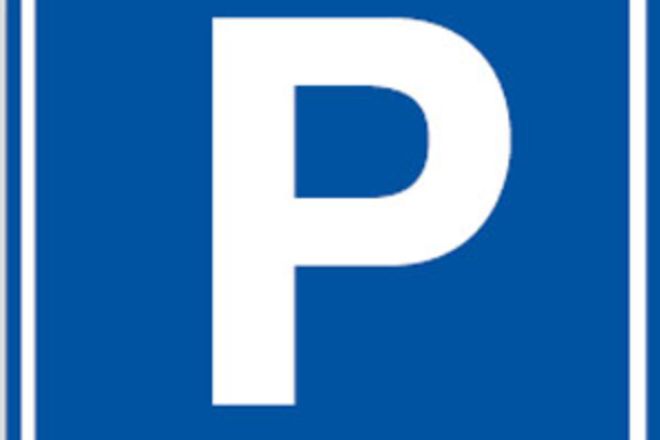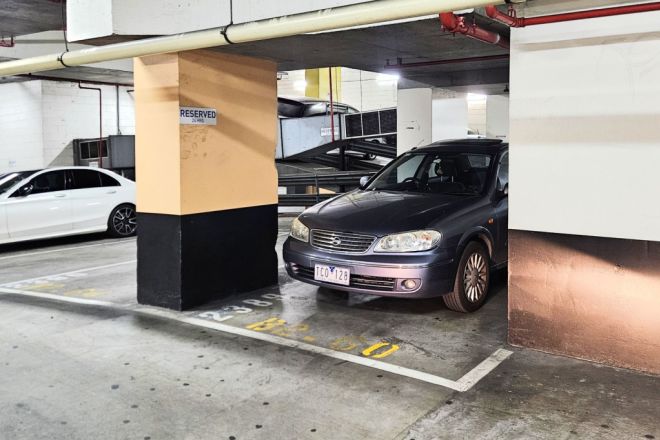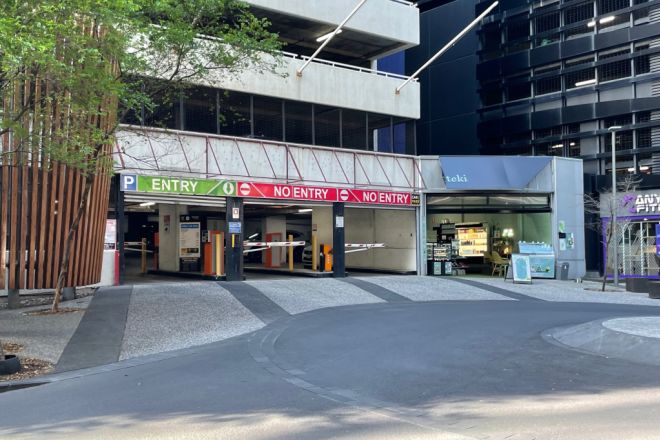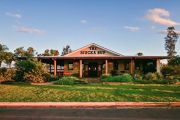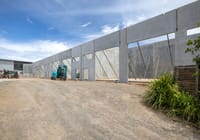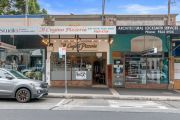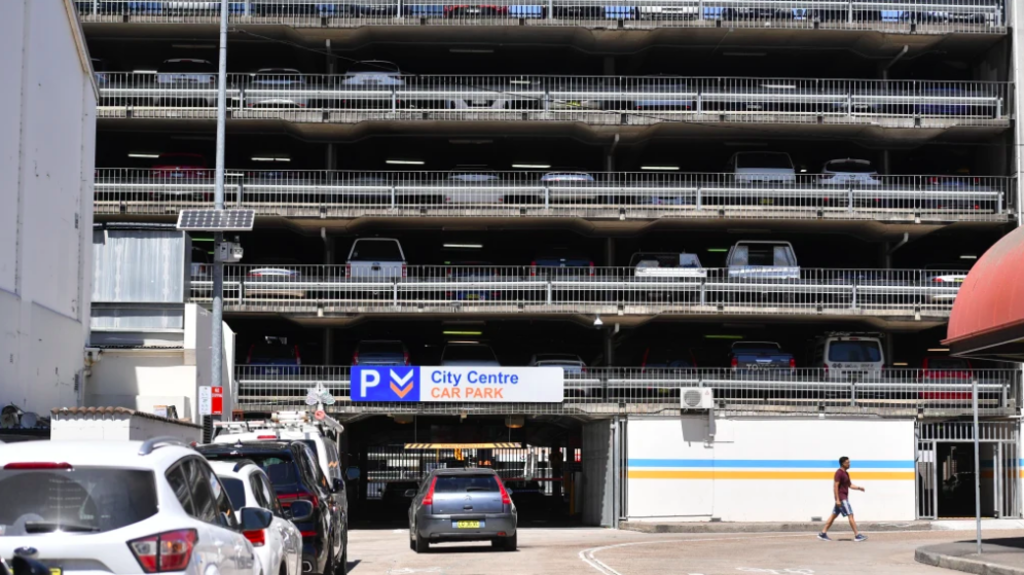
Why people are investing in car parks
Investors who drove their cash into a Victorian car park made higher returns than those who sunk their hard-earned cash into a Melbourne unit, data shows.
Car parks in the state appreciated by 6.2 per cent between December 2019 and June 2025, compared to the median price of a Melbourne unit, which climbed by just 4.3 per cent in the same period.
Of all the major capitals, Melbourne was the only city in which car park values jumped above unit prices in the same period.
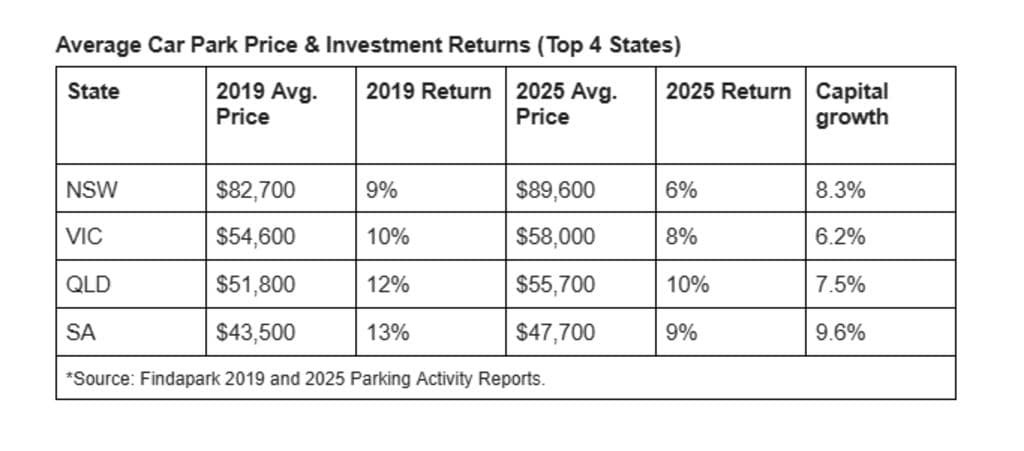
But in Sydney, investors made better returns from units than car parks, with unit price growth eclipsing that of car parks by 5.2 per cent.
In other capital cities, post-pandemic residential price growth skyrocketed. Unit prices outstripped car park prices by 72.2 per cent in Brisbane and 79.9 per cent in Adelaide.
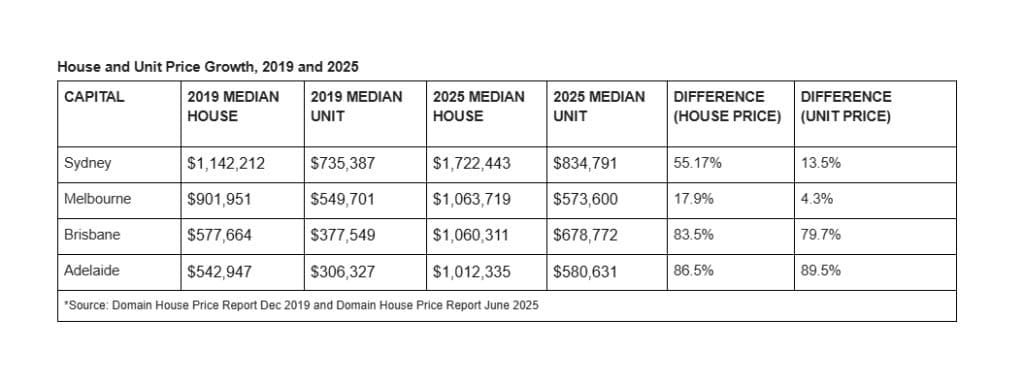
While some CBD locations deliver attractive returns from rental incomes, their overall performance has been knocked by the continuation of people working from home.
“Regarding capital appreciation, when comparing similar locations, car park spaces have generally grown in value at a rate on par with houses and units,” said Francis Armstrong, managing director at Findacarpark.
“However, investment returns – calculated as monthly rental income divided by the car park’s cost – have dipped marginally. Prior to 2019, we consistently saw double-digit growth in this area. We attribute this shift primarily to the widespread adoption of work-from-home practices following the lockdowns.”
Car park costs increasing
Car park investors in Melbourne will also soon feel the impacts of a steep congestion levy that will see annual taxes almost doubled. From January 1, 2026, rates will jump from $1750 per year to approximately $3030 across the CBD and parts of Southbank and the Docklands.
And in inner-city suburbs such as Richmond, North Melbourne, Carlton and Fitzroy, the levy will rise from $1240 this year to approximately $2150 next year.
The levy is aimed at reducing traffic congestion on city streets and is expected to encourage a shift away from corporate or commuter-style parking toward local residential tenants.
The changes are already being flagged with investors by agents in online listings, such as this Carlton car park space on Drummond Street, for $34,000, with approximately $800 in owners’ corporation, council, and water fees.
“Buyers should confirm their understand (sic) of the SRO (State Revenue Office) congestion levy prior to enquiring. Investors may wish to prioritise or filter enquirers for local residents before renting the space,” the listing reads.
Low overheads a big attraction for car parks
The obvious advantage of a car park over residential property investment is the lack of maintenance.
“Car parks have minimal upkeep requirements compared with traditional residential or commercial assets – no plumbing, fixtures, or internal wear-and-tear,” explained Eamon Chau of Touchwood Asset Management.
“Car parks can be managed entirely online – even from interstate or overseas – with digital lease agreements, payment automation, and remote access control systems.”
The low entry costs are a drawcard for investors, particularly those who want to avoid taking out loans and buy outright. Depending on the location and the condition of the building, car parks sell for between $20,000 and $70,000.
They can be sold individually or as multiple lots. Agents find there’s generally an increase in demand at the start of the year when people realise they need to find a spot to park near their work, their child’s school, an airport or a university.
Car park yields dependent on demand
Returns from car parking fees or rental tenancies are often prioritised by investors over capital growth. Yields are almost entirely dependent on the car park’s location and also its position within the car park itself.
So, a city car park close to offices and shops will always be in demand. But a spot within that complex with a lot of convenience, such as a level one location, positioned near a lift or an exit, is even more valuable.
Owners can choose between monthly tenancies for flexibility or longer private leases for consistent returns. Some returns from car parks, such as this one near Sydney airport, are split between all of the owners.
Car park investment is a niche form of real estate investment that doesn’t always stack up to the capital growth offerings of residential property. But it’s an asset class that appeals to those looking for a way to avoid costly maintenance and management issues.
“In my personal experience, while car parks may not always match residential property for long-term capital growth, they do deliver far stronger yields and a genuinely passive investment profile, often managed remotely with minimal maintenance or tenant turnover,” said Chau.
